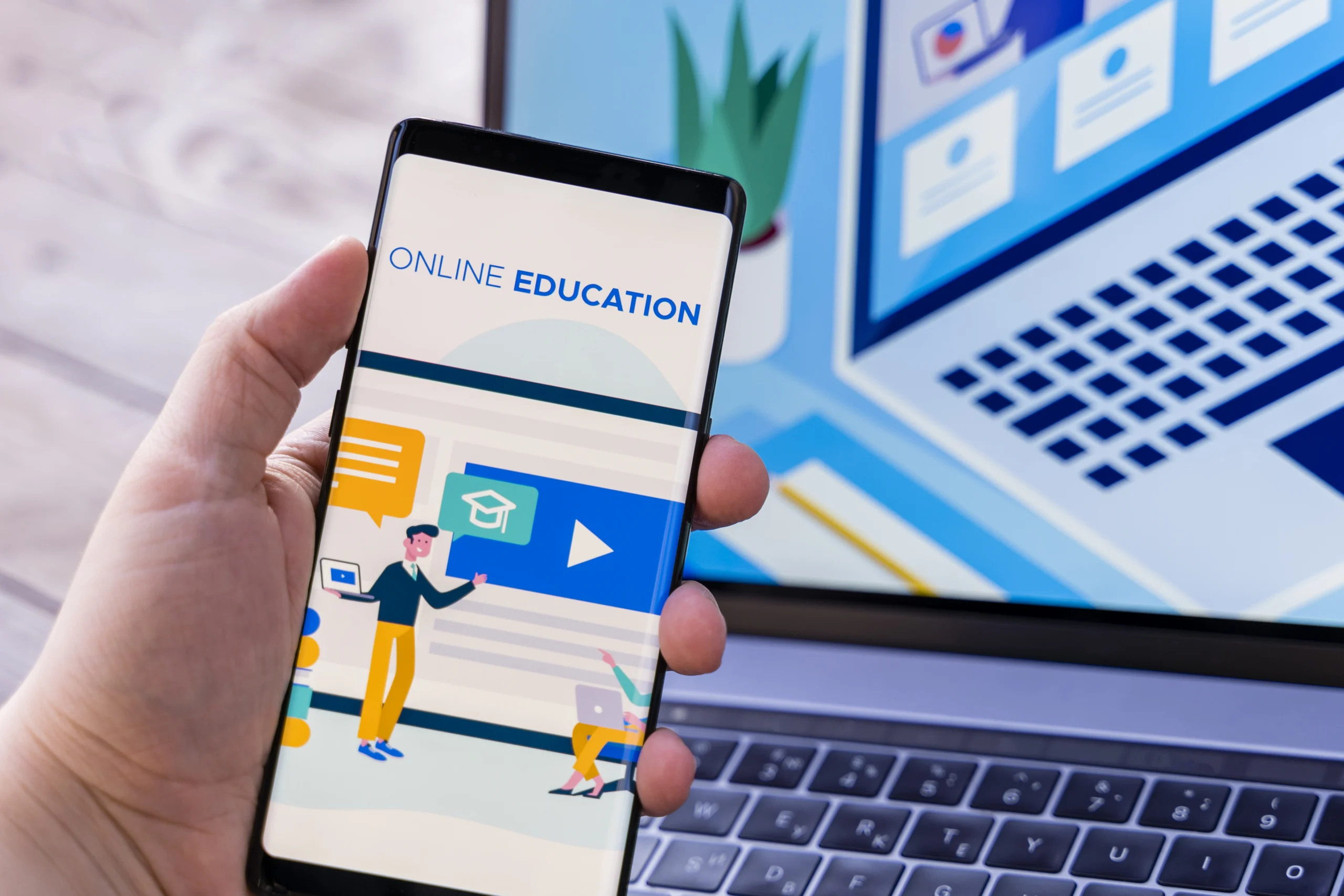153 total views
In an era where technology continually shapes educational paradigms, integrating social features into educational apps has emerged as a crucial strategy to foster collaborative learning and enhance student engagement. This comprehensive guide explores the multifaceted benefits of social learning, backed by case studies and expert insights, providing educators and developers with a roadmap to effectively implement these features.
The Importance of Social Features in Educational Apps Educational apps have transcended traditional learning methods by incorporating social features that encourage interaction and cooperation among students. These tools not only make learning more engaging but also help develop essential social skills and teamwork capabilities.
What are Social Features? Social features in educational apps refer to any functionality that promotes interaction and communication among users. This includes forums, chat functions, group projects, and shared task lists—all designed to enhance the learning experience by fostering a sense of community.
Benefits of Collaborative Learning Collaborative learning through social features leads to improved problem-solving skills, increased retention rates, and higher motivation among students. By working together, learners can share knowledge and approach learning challenges from diverse perspectives.
Case Studies: Successful Integration of Social Features This section will delve into various case studies where educational apps successfully integrated social features, highlighting the positive outcomes on student engagement and learning efficacy.
Interactive Platforms and Student Engagement Case examples illustrate how platforms that facilitate real-time interaction have significantly increased participation and interest among students.
Peer Feedback and Its Impact on Learning Insights on how peer feedback mechanisms have been implemented to provide constructive criticism, enhancing the learning process and building a supportive educational environment.
Design Principles for Integrating Social Features Designing educational apps with social features requires a balanced approach that prioritizes user experience while maintaining simplicity. This segment explores key design principles necessary for successful integration.
User Experience (UX) Design for Educational Apps Focus on UX design principles specific to educational applications, ensuring that social features enhance rather than complicate the learning experience.
Balancing Functionality and Simplicity Discussion on the importance of creating intuitive interfaces that do not overwhelm the user, while offering robust social learning functionalities.
Challenges in Implementing Social Features Identifies common obstacles in integrating social features into educational apps, such as privacy concerns, technological barriers, and user resistance. Strategies to overcome these challenges involve clear communication, secure app development practices, and ensuring user data protection.
Privacy and Security Concerns With the integration of social features, privacy and security become paramount. Educational apps must adhere to stringent data protection laws to safeguard user information. This includes implementing secure communication channels and transparent data handling policies.
Overcoming Resistance to New Technologies Resistance to new technologies can be a significant hurdle in the adoption of social features in educational apps. This section offers insights on how to encourage adoption through user education, demonstrating the tangible benefits of social learning tools.
Future Trends in Social Learning Technologies Exploring the horizon of social learning, this section discusses upcoming trends such as the integration of virtual reality (VR) and augmented reality (AR) to provide immersive learning experiences. The potential for these technologies to revolutionize educational methodologies is vast.
Predictive Analytics and Adaptive Learning The role of predictive analytics in personalizing learning experiences through social features is significant. By analyzing user data, educational apps can adapt content to fit the learning pace and preferences of each student, making learning more effective.
The Role of Artificial Intelligence in Social Learning Artificial intelligence (AI) plays a crucial role in enhancing social learning by automating functions such as grading, feedback, and content customization. This section delves into how AI can be leveraged to facilitate more personalized and engaging learning experiences.
How to Measure the Success of Social Features Measuring the impact of social features in educational apps is crucial for continuous improvement. This section outlines key metrics such as user engagement rates, feedback quality, and academic performance improvements.
Metrics for Engagement and Collaboration Details on how to effectively measure engagement and collaboration through analytics tools that track user interactions and completion rates.
Feedback Loops and Continuous Improvement The importance of establishing feedback loops within educational apps to gather insights from users and iteratively improve the social features.
Expert Insights: Interviews with Educators and Developers This section provides valuable perspectives from industry experts, including interviews with educators who have implemented social learning in their curriculums and developers at leading education app development companies.
Case Study Highlights and Real-World Applications Real-world examples from an education app development company that illustrate successful implementations and the positive impacts on educational outcomes.
Expert Opinions on the Evolution of Educational Technology Insights from professionals at a mobile app development company in the USA, discussing the future of educational technology and the evolving role of social features.
Conclusion: The Future of Education with Social Features
The integration of social features in educational apps represents a significant shift towards more interactive and personalized learning environments. As technology continues to evolve, the potential for these tools to enhance educational outcomes and prepare students for the demands of the modern world is enormous.

